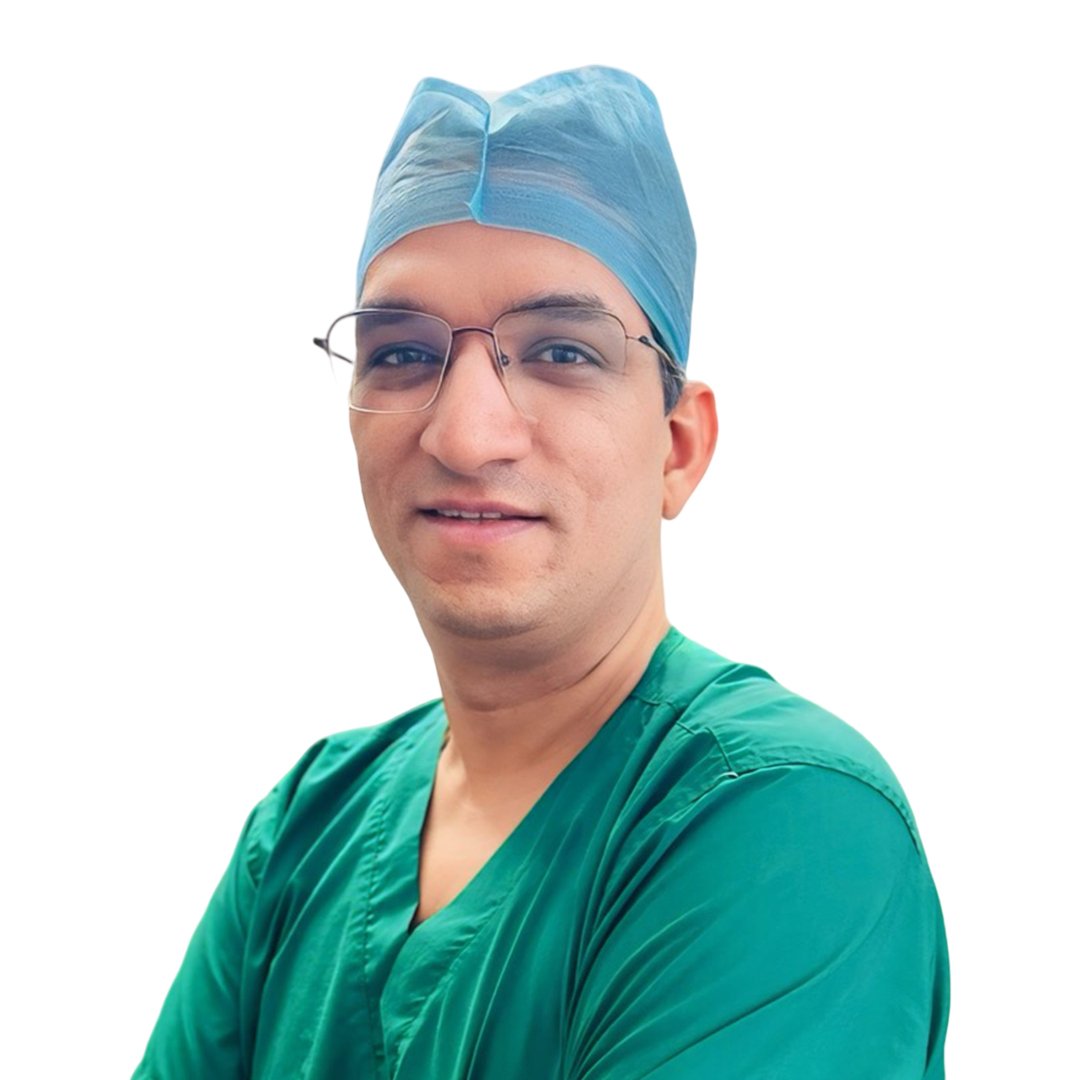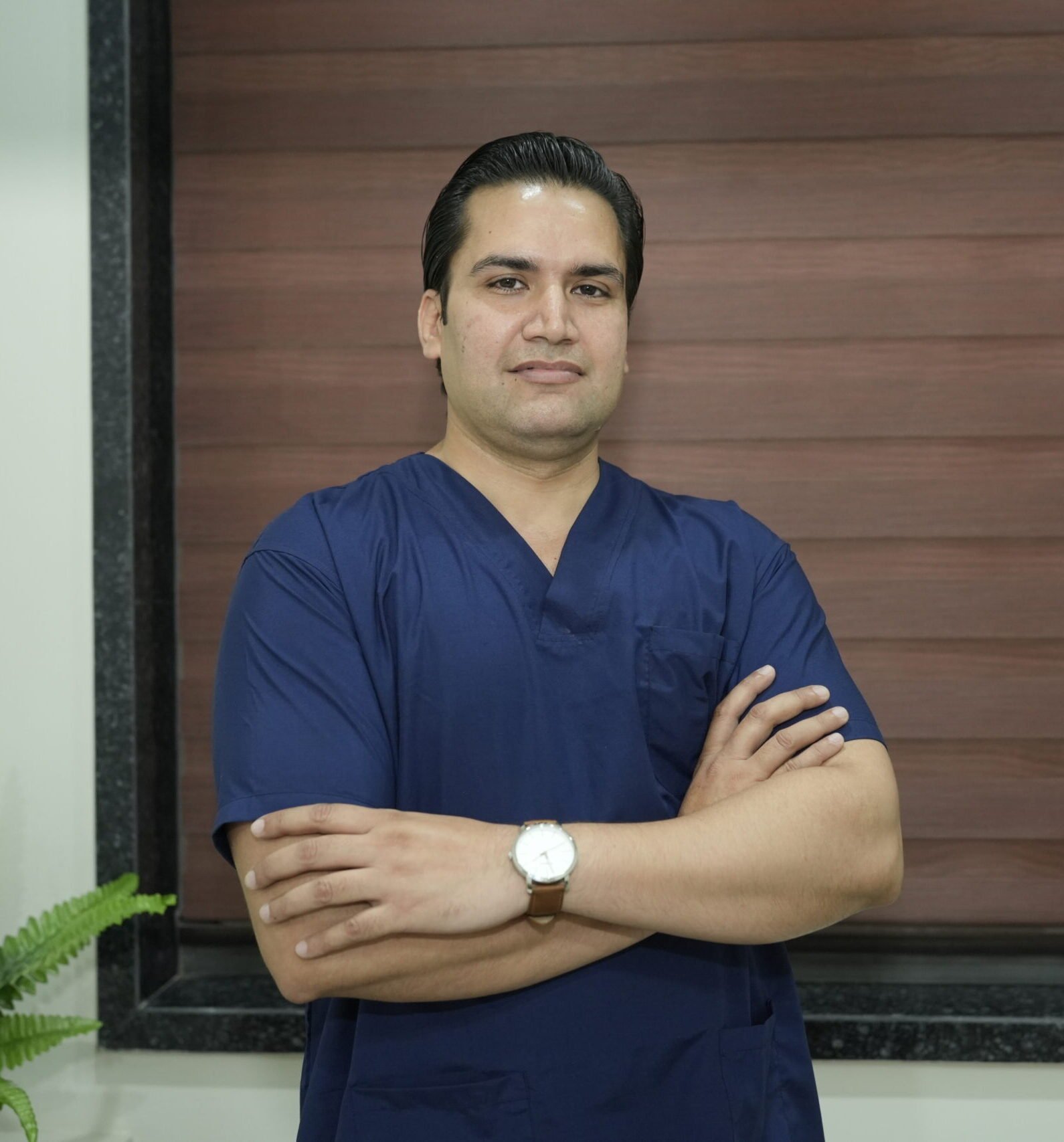Nerve System Disorders Treatment In Jaipur
Nerve system disorders, also known as neurosystem disorders or conversion disorders, encompass a broad spectrum of symptoms related to neurological functions. These symptoms are real and can significantly impact daily life, although they may not stem from identifiable neurological diseases. At Pink Star Hospital in Jaipur, India, we specialize in diagnosing and treating these complex conditions with a focus on nerve system disorders treatment in Jaipur.
Understanding Nervous System Disorders:
Disorders of the nervous system impact brain function rather than its structural integrity. They can manifest as conditions like stroke, multiple sclerosis, infections, or injuries, impacting mobility and sensory abilities such as walking, swallowing, vision, or hearing. Symptoms can vary in severity from mild to severe and may be permanent.
Types of Nervous System Disorders:
The nervous system is intricate, involving the brain, spinal cord, nerves, and peripheral structures. Common types of disorders include:
– Neurodegenerative Disorders: These include conditions such as Alzheimer’s disease, Parkinson’s disease, and Huntington’s disease.
– Neuropsychiatric Disorders: These encompass conditions like depression, anxiety disorders, schizophrenia, and bipolar disorder.
– Epilepsy and Seizure Disorders: Characterized by recurrent seizures of varying types.
– Stroke and Cerebrovascular Disorders: Such as ischemic and hemorrhagic strokes, and transient ischemic attacks (TIA).
– Multiple Sclerosis (MS): An autoimmune disease affecting nerve fibers’ protective coverings.
Causes of Nervous System Disorders:
These disorders can result from genetic predispositions, infections, trauma, autoimmune conditions, neurodegenerative processes, metabolic imbalances, toxic exposures, vascular issues, developmental abnormalities, and hormonal changes.
Symptoms:
Symptoms associated with nervous system disorders include weakness, paralysis, abnormal movements, tremors, difficulty walking, loss of balance, swallowing difficulties, seizures, sensory impairments like loss of touch or vision, speech difficulties, cognitive challenges, and episodes of unresponsiveness.
Diagnosis and Treatment at Pink Star Hospital:
At Pink Star Hospital in Jaipur, our neurologists conduct thorough examinations and utilize diagnostic tools such as MRI scans and EEG tests to understand and diagnose nerve system disorders. Treatment options include:
– Medical Treatments: Medications to manage symptoms.
– Therapies: Physical therapy, speech therapy, and stress reduction techniques.
– Mental Health Support: Cognitive-behavioral therapy (CBT) and other psychotherapies to address psychological aspects.
– Comprehensive Care: Our team of specialists collaborates to create personalized treatment plans for each patient, ensuring optimal outcomes tailored to individual needs.
Why Choose Pink Star Hospital for Nerve system disorders treatment in jaipur?
Pink Star Hospital in Jaipur offers advanced treatments and world-class medical services for nerve system disorders. Our commitment to excellence in clinical care and patient-centered approach ensures that each individual receives comprehensive and compassionate care, making us a leading choice for nerve system disorders treatment in Jaipur.
Conclusion: If you or a loved one is experiencing symptoms of a nervous system disorder, seek expert medical help at Pink Star Hospital in Jaipur. Our skilled team is committed to delivering exceptional neurological care, guaranteeing thorough diagnosis, treatment, and management of these intricate conditions, with a focus on nerve system disorders treatment in Jaipur.
Explore Our Main Services

Neuro Science
Studies the nervous system, focusing on diagnosing and treating brain, spinal cord, and nerve disorders to enhance understanding and treatment of neurological conditions.

General Medicine
Involves the holistic care of adults, from diagnosis to treatment, covering a wide spectrum of health conditions to ensure overall well-being and prevention from disease.

Urology
Treats urinary tract and male reproductive system disorders through surgeries like kidney stone removal and prostate procedures, aiming to improve health and quality of life.

Pathology/ Biochemistry & Microbiology
Involves diagnosing diseases by meticulously examining tissues, cells, and body fluids, providing critical insights for precise medical treatment and comprehensive patient care.

ENT
Treats ear, nose, and throat disorders, such as hearing loss and sinusitis, using advanced medical and surgical methods to significantly improve health and quality of life.

Critical Care & ICU Servises

Cardiology
Specializes in diagnosing and treating heart and blood vessel disorders, using medical and surgical interventions to manage conditions like heart disease and hypertension.

General Surgery
Covers a variety of procedures for abdominal and related conditions, focusing on diagnosis, treatment, and advanced surgical techniques to ensure effective patient care.

Nephrology
Manages kidney conditions like chronic kidney disease, kidney stones & electrolyte disorders by treatments such as dialysis and transplantation, aiming to improve patient health & well-being.

Gastroenterology
Focuses on diagnosing and treating digestive system disorders, including conditions affecting the stomach, intestines, liver, and pancreas, to improve digestive health.

Trauma & Emergency
The trauma and emergency department provides immediate, life-saving care with advanced technology and expert staff, ensuring rapid and effective treatment 24/7 for all critical medical conditions and emergencies.

Radiology- CT/MRI
Uses imaging techniques like X-rays, MRI, and CT scans to diagnose and treat medical conditions, providing critical information for effective patient care.

Orthopaedic / Joint Replacement / Arthroscopy
Focuses on treating musculoskeletal issues through surgical and non-surgical methods, aiming to restore mobility and improve quality of life.

Gastroenterologist Surgery
Treats digestive disorders through advanced surgical procedures like appendectomies and liver transplants, significantly improving digestive health of patients and their overall well-being.

Plastic Surgery
Enhances appearance and function through a variety of cosmetic and reconstructive procedures, significantly improving the quality of patients’ lives and boosting their confidence.

Oncology
Specializes in diagnosing and treating cancer, utilizing therapies such as chemotherapy, radiation, and surgery to manage and eradicate tumors and improve patient outcomes.

Physiotherapy
Uses exercises and therapies to rehabilitate movement, treat injuries such as sports injuries and chronic pain, and aid post-surgical recovery, effectively promoting healing, mobility, and overall functional improvement.

Gynecology
Gynecology focuses on women’s reproductive health, treating menstrual issues, infertility, pregnancy, and menopause for overall well-being.
Meet Our Specialists
Dr. Rajvinder Singh Choudhary
NeurosurgeryDr. Ashwini Sharma
Consultant NeurosurgeonDr. Navneet Agarwal
Senior Consultant Neurosurgeon MBBS, MS, Mch. NeurosurgeryDr. Vaibhav Kumar Somavanshi
Consultant Neurologist, MBBS,DNB, DMDr. Rakesh Sharma
NeurosurgeryDr. Manoj Kumar Saini
MBBS, CCEBDM,PGGCCFAQ
Nervous system disorders are conditions that affect the brain, spinal cord, and nerves. They can result in a range of symptoms, from mild to severe, and impact movement, sensation, cognition, and other bodily functions.
Symptoms can vary widely depending on the specific disorder but often include headaches, muscle weakness, coordination problems, numbness, tingling, vision problems, memory loss, and changes in behavior or mood.
Examples include Alzheimer’s disease, Parkinson’s disease, multiple sclerosis, epilepsy, stroke, amyotrophic lateral sclerosis (ALS), and peripheral neuropathy.
Diagnosis typically involves a combination of medical history, physical and neurological examinations, and diagnostic tests such as MRI, CT scans, EEG, EMG, lumbar puncture, and blood tests to identify underlying causes and assess the extent of the condition.
Treatment varies depending on the specific disorder and may include medications, physical therapy, occupational therapy, lifestyle changes, surgery, and other interventions aimed at managing symptoms, slowing disease progression, and improving quality of life.






